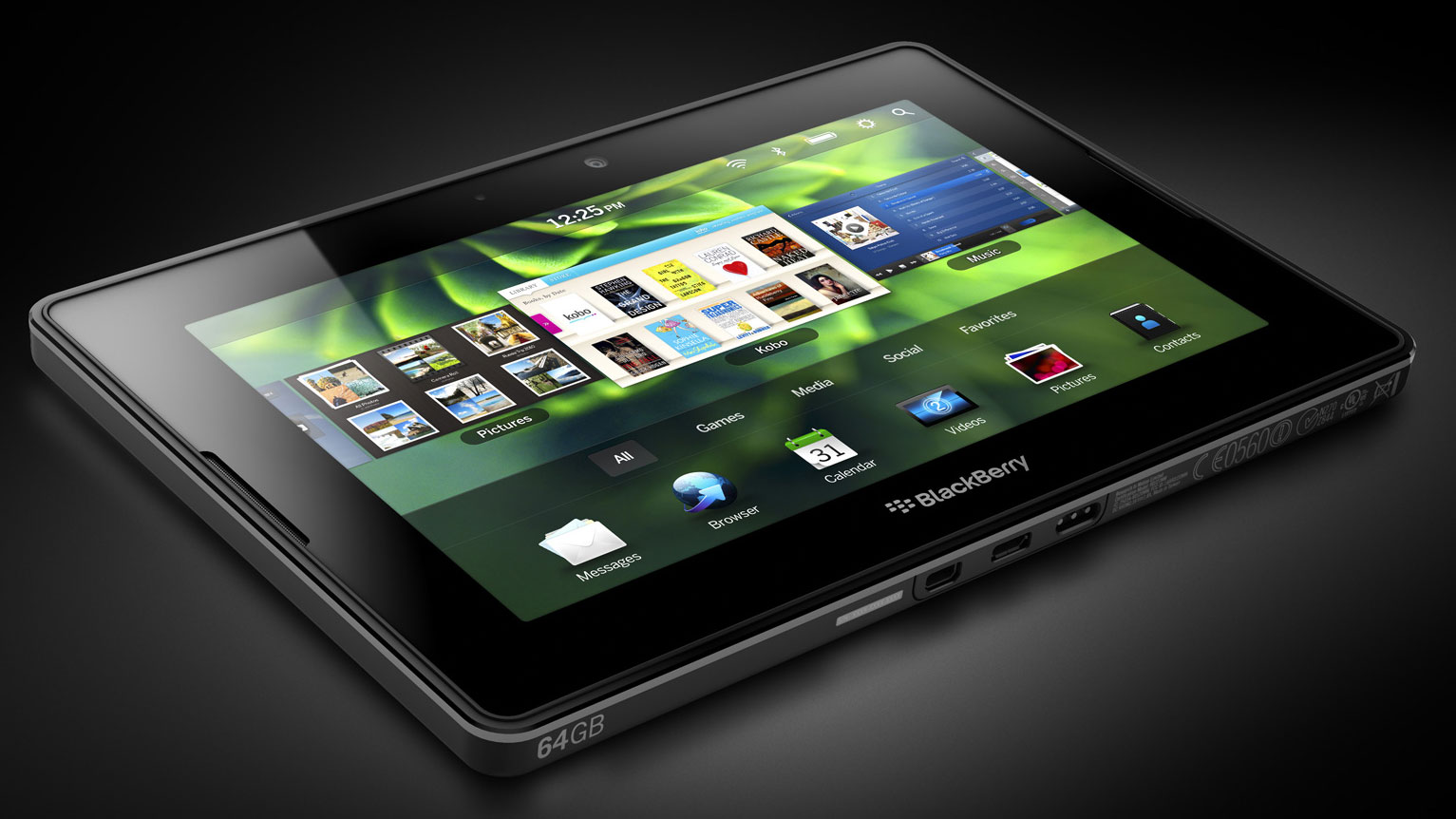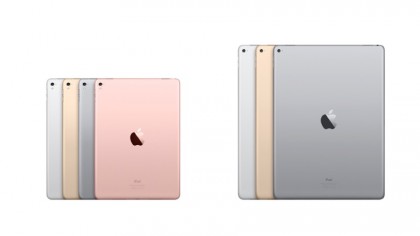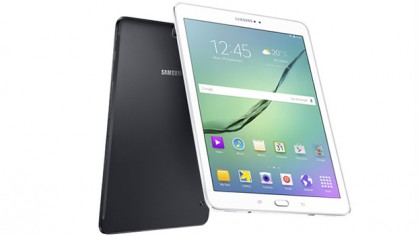Don't underestimate tablets – one day they'll take over the world
If you thought tablets were on the way out, think again

There's a very good reason why many people think tablets aren't long for this world: sales are falling. In 2015, technology market analysts IDC said tablet sales would fall by 8%, followed by another drop in 2016 before – perhaps – recovering in 2017.
On the face of it that's bad news, because the tablet market is really only seven or so years old at most. It took PC sales a lot longer to stagnate in quite such a dramatic fashion.
But it's not all doom and gloom. Apple keeps rebooting its iPads into more functional devices. Samsung is continuing apace with its Tab range. Google has started to manufacture its own hardware.
Sales might not be booming, but large numbers of tablets have already been sold – and, the present slowdown notwithstanding, many more will be sold in the future. Such is the potential of the platform, that maybe the form factor isn't going anywhere.
So what, actually, is the future of the tablet?
The short-term leader
If you're wondering which brand will be at the forefront of the near-future tablet push you don't have to look far. Apple will continue to sell loads of iPads, although, as we've seen, even it's not immune to the slowdown in sales. Samsung, meanwhile, will maintain its presence in the tablet market – although it's fair to suspect this isn't a big focus for the company – as it continues to improve its Tab S range (and they're not too shabby at the moment).
Apple's roaring success with the iPad isn't hard to fathom: riding the wave of users being into 'an Apple thing' and combining it with a dizzyingly well-stocked App Store, the Cupertino slate offers a lot – and the price premium that iPads command over the competition doesn't appear to put many people off. There's a luxury element to the brand that continues to draw people in.
Get daily insight, inspiration and deals in your inbox
Sign up for breaking news, reviews, opinion, top tech deals, and more.
But there's a thriving budget tablet market too, with Amazon proving there's an appetite for very cheap tablets. According to IDC, the company's tablet sales jumped 175.7% year-on-year from Q4 2014 to Q4 2015, almost certainly thanks to its £50 (US$50, AU$98) tablet.

It seems that, as with smartphones, there's no real middle in the tablet market, just a cheap end and a premium end.
Apple and Samsung don't agree
What's interesting is that while the average consumer might look at dwindling numbers and think tablets are dead, the big brands think we're just at the beginning. A spokesperson for Samsung told TechRadar: "The tablet is still a relatively young product, but the segment has developed and matured rapidly.
"Tablets were once talked about as replacement devices for other products, but we see their real value as products that complement existing devices and provide easier ways to connect, consume and create during 'in-between' time, such as the morning commute, note-taking in a meeting or 'second-screening' during your evening downtime."
So Samsung doesn't think the tablet will replace your TV/computer/phone/dog any time soon; instead these are additional devices to keep us entertained.
Maybe it's a sign of the times – apparently people can't endure even a moment of boredom, and need a tablet on-hand while they watch TV – but it's a sign that points to enduring demand for slates.

Apple's Phil Schiller, on the other hand, said in March this year (when talking about its continued investment in the iPad line and rebooting it to the new accessories-laden Pro range), "This is the way we think that personal computing is going." Evidence of the faith Apple has in iOS as a powerful enough operating system to take on laptops.
The inflection point for old PCs being replaced by laptops is the space Apple is aiming at, targeting those who realise they don't really need a laptop for anything more than entertainment and browsing, which is where the tablet is so strong. By adding in a keyboard and split screen view, the Cupertino brand clearly thinks there's a customer base to be targeted.
And then you've got the business case: make a device attractive to companies, and you've got millions upon millions of potential users – and with scale comes development, which filters into consumer devices too.
Hardened screens? Extra power? More input devices? All come from requests in the business world, and it's not hard to imagine that Apple will even find a way to bring a mouse-like sensitive input device to the iPad one day (although you could argue that the Pencil is along these lines).